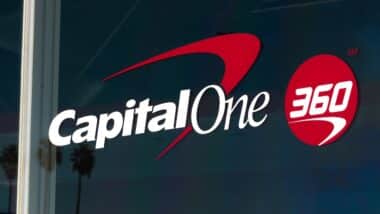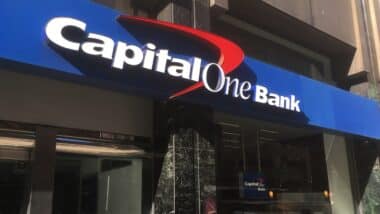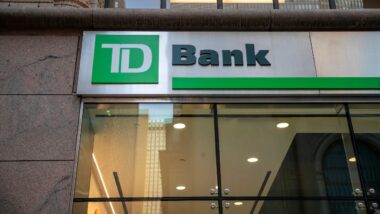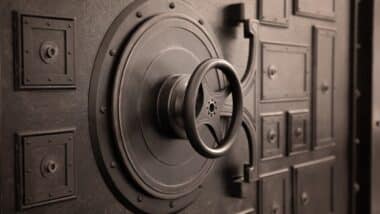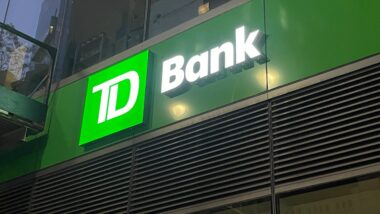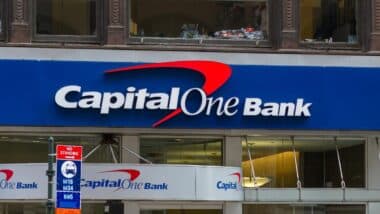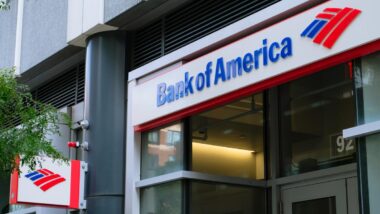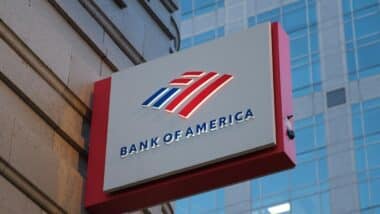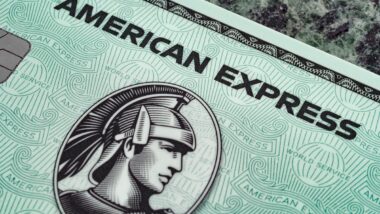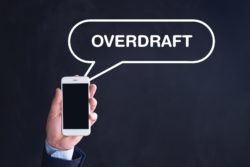 Overdraft practices at EECU in California are currently under investigation because the credit union might be charging excessive and unfair overdraft fees.
Overdraft practices at EECU in California are currently under investigation because the credit union might be charging excessive and unfair overdraft fees.
Bank and credit union customers are tired of being victims of unscrupulous and deceitful overdraft policies. Not only have many financial institutions raised their fee rates, they also have created procedures to maximize the number of fees they can collect from customers.
Educational Employees Credit Union (EECU) says it has more than 287,000 members and more than $3 billion in assets.
Overdraft practices at EECU in California are under scrutiny. According to EECU’s overdraft disclosure information, the credit union uses the “available balance” and not the “actual balance” to determine if the checking account is overdrawn.
“The available balance takes into account things like holds placed on deposits and pending transactions (such as pending debit card purchases) that the Credit Union has authorized but that have not yet posted to your account,” according to the brochure outlining overdraft practices at EECU in California.
This means you can incur an overdraft fee even if your actual balance is not placing you with a negative balance.
Spotlight on Overdraft Practices at EECU in California
EECU in California provides an example of how the available balance overrules the actual balance. If you have an actual balance of $50, and pay a $20 restaurant tab, a hold is placed on the account that makes the available balance $30.
The actual balance would remain $50 because the $20 to the restaurant hasn’t posted yet. If prior to that restaurant charge going through, you have a check that you wrote days ago for $40 clear the credit union, EECU says you have overdrawn your account by $10, even though the actual balance remains $50.
According to overdraft practices at EECU in California, the credit union “may pay the $40 check, but you will be charged an overdraft fee of $24. That fee will be deducted from your account, further reducing the balance.”
Debit card transactions that require a signature might take hours or even days before they are authorized. As a result, the available balance may be reduced before the actual balance shows the debit occurred.
In addition, EECU in California says ACH payments, signature debit card transactions, and possibly some point-of-sale (POS) debit card transactions are processed in the order they are received by EECU.
As a credit union member, you have no control over how or when these transactions are posted and won’t receive notice when they do.
Paperwork regarding overdraft practices at EECU in California includes the following statement, “We may receive multiple deposit and withdrawal transactions on your account in many different forms throughout each business day. This means that you may be charged more than one fee if we pay multiple transactions when your account is overdrawn.”
Each overdraft fee is $24; EECU in California states they may charge a maximum of four overdraft fees per day ($96 total).
According to the website, EECU in California is the 15thlargest credit union in California and is the largest in central San Joaquin Valley.
If you were charged unfair overdraft fees by your bank or credit union, you could be eligible to participate in a FREE class action lawsuit investigation. If you qualify, an attorney will contact you to discuss the details of your potential case at no charge to you.
Fill out the form on this page now for a free, immediate, and confidential case evaluation.
ATTORNEY ADVERTISING
Top Class Actions is a Proud Member of the American Bar Association
LEGAL INFORMATION IS NOT LEGAL ADVICE
Top Class Actions Legal Statement
©2008 – 2025 Top Class Actions® LLC
Various Trademarks held by their respective owners
This website is not intended for viewing or usage by European Union citizens.
Get Help – It’s Free
Join a Free Bank Overdraft Fee Class Action Lawsuit Investigation
If your bank and credit union has engaged in deceptive overdraft fee practices, you may have a legal claim. Fill out the form on this page now to find out if you qualify!
An attorney will contact you if you qualify to discuss the details of your potential case.
PLEASE NOTE: If you want to participate in this investigation, it is imperative that you reply to the law firm if they call or email you. Failing to do so may result in you not getting signed up as a client or getting you dropped as a client.
In order to properly investigate overdraft fee claims, you may be required to disclose bank statements to overdraft fee attorneys. Please note that any such information will be kept private and confidential.

